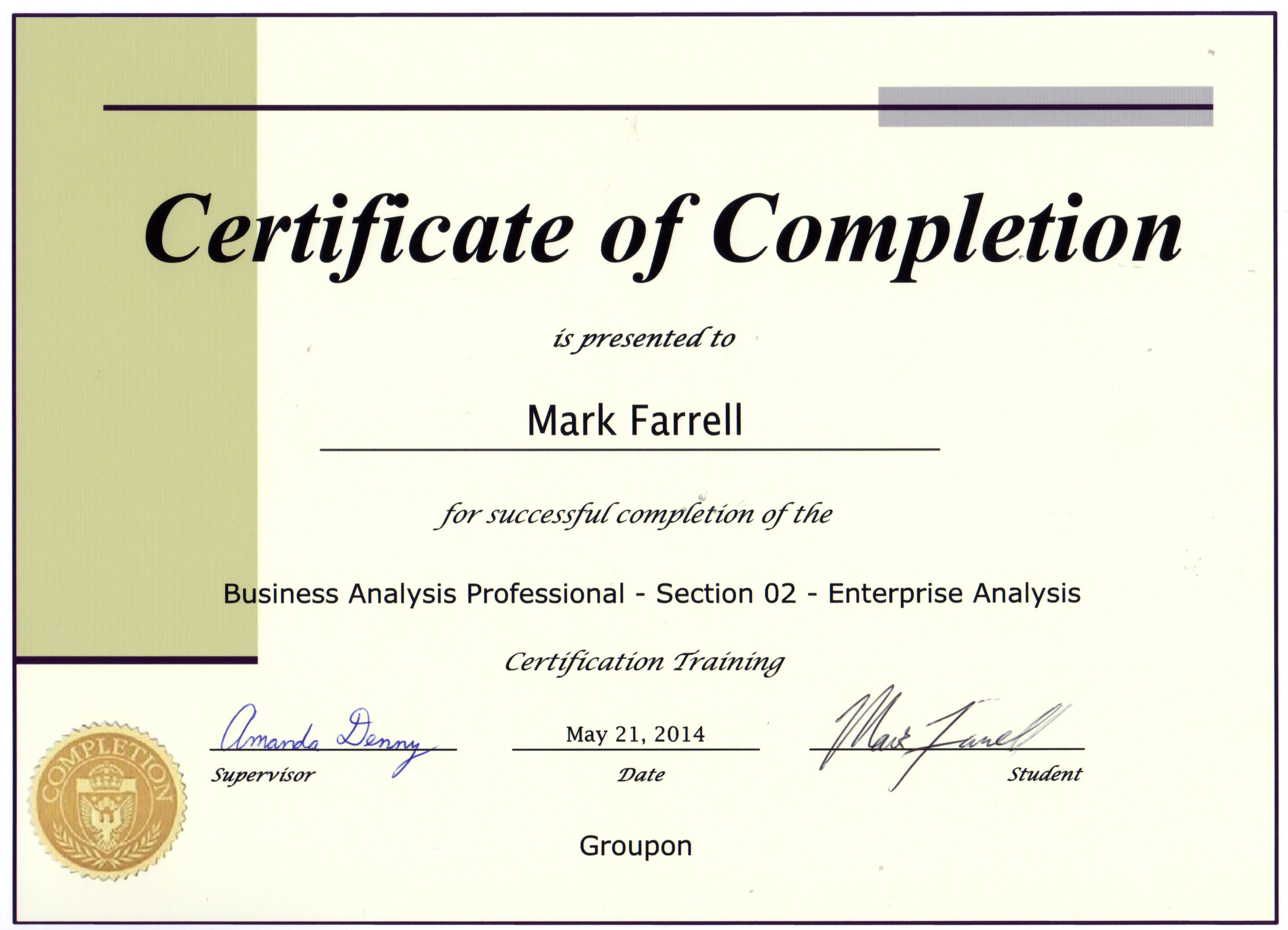In today's challenging market landscape, entities are regularly seeking strategies to improve their procedures and increase customer satisfaction. One highly recognized methodologies for reaching these goals is via ISO 9001 certification. This certification demonstrates a business's dedication to quality management and affirms that they efficiently meet customer and compliance requirements.
ISO 9001 is a component of the ISO 9000 group of quality management standards and provides a structure for continual improvement. Organizations that strive for this certification can look forward to a structured approach to managing the operations, which results in increased productivity, reduced loss, and eventually, higher levels of customer satisfaction. As we delve deeper into the journey toward ISO 9001 certification, we will examine the key phases, barriers, and gains that come with this transitional process.
Grasping the Basics of ISO 9001 Essentials
Certification in ISO 9001 is an worldwide accepted criterion that specifies the requirements for a quality management system. It is intended to help organizations guarantee that they fulfill the requirements of their customers while also striving to comply with compliance standards concerning their goods and service delivery. The guideline is suitable to any organization, no matter the scale or sector, making it a versatile blueprint for quality management.
One of the essential elements of ISO 9001 is the emphasis on constant improvement. Organizations seeking ISO 9001 certification are urged to constantly evaluate their procedures and introduce changes that can elevate productivity and effectiveness. This resolve to enhancement is not just about solving problems; it's about fostering an atmosphere that supports high standards at all levels.
ISO 9001 also emphasizes the importance of delighting customers. By embracing the guideline, companies exhibit their dedication to providing products and solutions that regularly fulfill customer expectations. Securing ISO 9001 accreditation can boost an organization’s image, establish confidence with consumers, and open up further business opportunities in a competitive marketplace.
Steps to Achieve Certification
The following journey to ISO 9001 starts with comprehensive planning and dedication from senior management. Companies must first assess their present quality management system to find shortcomings in fulfilling ISO 9001 requirements. certifyproinsights involves conducting a comprehensive review of current processes, procedures, and documentation. Gaining support from leadership is vital, as support from the executive level will drive engagement and resource allocation throughout the certification process.
Subsequently, organizations should formulate a thorough implementation plan. This phase consists of training staff on ISO 9001 standards and principles, modifying existing processes, and recording new procedures that align with the standard. Strong communication within the organization will cultivate a culture of quality and ensure all employees understands their roles in achieving compliance. Regular internal audits should be scheduled to track progress and improve processes as necessary.
In conclusion, once the organization is confident in its quality management system, it can arrange for an external audit with a certified ISO registrar. During this audit, the registrar will evaluate the organization’s adherence to ISO 9001 requirements. If successful, certification will be granted, signifying that the organization fulfills international quality management standards. Following certification, ongoing maintenance of the system through regular reviews and continuous improvement is crucial to uphold compliance and enhance overall performance.
Advantages of ISO 9001 Certification
ISO 9001 certification offers numerous benefits which can greatly enhance an entity’s operations and reputation. One of the primary benefits is the boost of customer satisfaction. By complying with the ISO 9001 standards, entities create a more uniform product or service delivery, which results in enhanced customer trust and loyalty. When customers feel secure in the quality they receive, they are often return and refer the company to others.
Another crucial benefit is the optimization of internal processes. Achieving ISO 9001 certification requires organizations to assess their workflows and identify aspects for improvement. This constant evaluation allows for more efficient operations, minimizing waste and minimizing errors. As a result, businesses can achieve financial savings while also enhancing overall productivity, positioning them more effectively in a competitive market.
Finally, ISO 9001 certification can provide a strategic advantage when it comes to market opportunities. Many clients favor working with certified companies, as it signifies a commitment to quality management and improvement. Being ISO 9001 certified can open doors to new contracts, enhance partnerships, and ultimately lead to business growth. This acknowledgment can help organizations differentiate among rivals, turning it into a valuable investment for future success.

